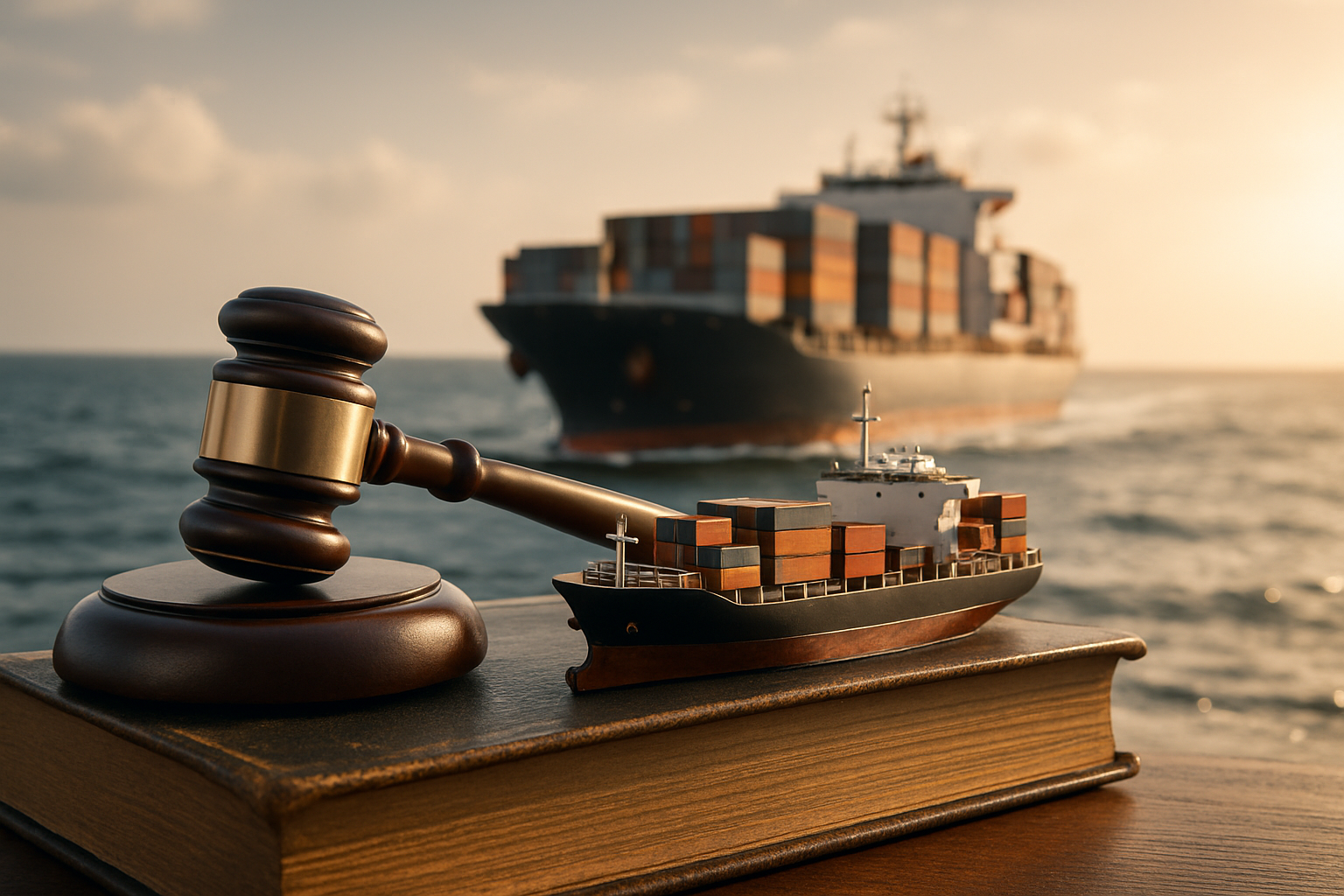Navigating the Complexities of Admiralty Law
Introduction: Admiralty law, a specialized branch of maritime jurisprudence, governs legal matters arising from activities on navigable waters. This complex field intersects with international treaties, domestic legislation, and centuries-old customs, presenting unique challenges for legal practitioners and maritime stakeholders alike.

Jurisdiction and Scope of Admiralty Law
One of the most distinctive aspects of admiralty law is its unique jurisdictional framework. In many countries, including the United States, admiralty cases are heard in federal courts rather than state courts. This is due to the inherently interstate and international nature of maritime activities. The scope of admiralty law is remarkably broad, encompassing issues such as maritime contracts, vessel collisions, cargo disputes, marine insurance, and even maritime crimes like piracy. Interestingly, admiralty jurisdiction can extend to inland waterways as long as they are navigable and connected to international waters.
Key Principles in Modern Admiralty Law
Several fundamental principles underpin contemporary admiralty law. The concept of seaworthiness, for instance, imposes a duty on shipowners to ensure their vessels are fit for their intended purpose. Another crucial principle is the doctrine of limitation of liability, which allows shipowners to limit their financial exposure in certain maritime accidents. General average is another unique concept in admiralty law, requiring all parties involved in a maritime venture to share proportionally in losses incurred for the common good, such as jettisoning cargo to save a ship in distress.
International Conventions and Their Impact
The global nature of maritime activities necessitates international cooperation in legal matters. Numerous international conventions play a crucial role in shaping admiralty law across jurisdictions. The United Nations Convention on the Law of the Sea (UNCLOS), often referred to as the constitution for the oceans, provides a comprehensive framework for maritime governance. Other significant conventions include the International Convention for the Safety of Life at Sea (SOLAS) and the International Convention for the Prevention of Pollution from Ships (MARPOL). These agreements aim to standardize maritime practices, enhance safety at sea, and protect the marine environment.
Emerging Challenges in Admiralty Law
As technology and global commerce evolve, admiralty law faces new challenges. The rise of autonomous vessels, for example, raises complex questions about liability and regulation. Climate change and its impact on sea levels and shipping routes are forcing a reevaluation of established maritime boundaries and navigation rights. Cybersecurity threats to shipping operations present another frontier for admiralty law to address. Additionally, the increasing exploitation of deep-sea resources is prompting discussions about the legal framework governing activities beyond national jurisdictions.
The Future of Admiralty Law
The field of admiralty law continues to adapt to the changing landscape of maritime activities. As global trade patterns shift and new technologies emerge, legal practitioners and policymakers must work to ensure that admiralty law remains relevant and effective. Efforts to harmonize international maritime regulations are ongoing, with a focus on addressing modern challenges such as environmental protection and maritime security. The future of admiralty law will likely see a greater emphasis on sustainable practices, technological integration, and international cooperation to meet the evolving needs of the maritime industry.





